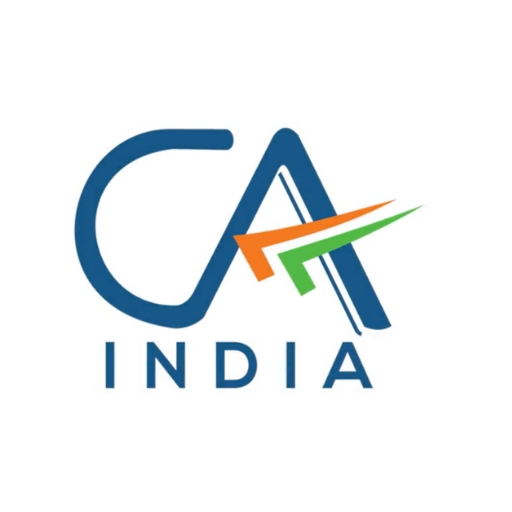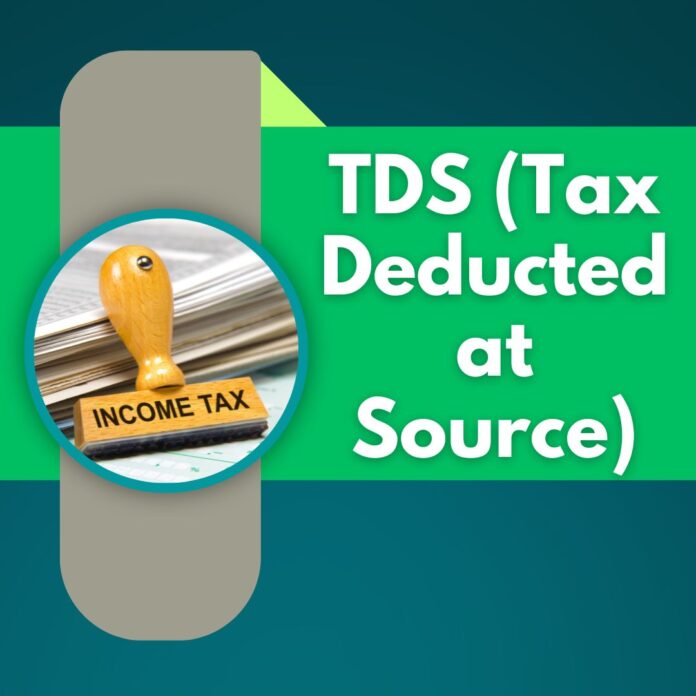Introduction
In GST, the Input Tax Credit (ITC) mechanism allows businesses to claim credit for the GST paid on purchases used for making taxable supplies. However, not all ITC can be claimed. Section 17 of the CGST Act governs two key concepts:
- Apportionment of Credit – When goods or services are used for both business and non-business purposes, or for taxable and exempt supplies, ITC is allowed proportionately.
- Blocked Credits – Certain ITC is not available at all, even if used for business purposes.
This blog explains the rules in detail, covers the value of exempt supply, the special provision for banking/financial institutions, and gives a practical illustration that covers all major aspects of Section 17.
Apportionment of Credit – Section 17(1) & 17(2)
- Business vs Non-Business Use (Sec 17(1))
- If goods or services are used partly for business and partly for personal purposes, only the business portion of ITC is allowed.
- Taxable vs Exempt Supplies (Sec 17(2))
- If goods or services are used partly for taxable supplies (including zero-rated) and partly for exempt supplies, ITC is allowed only for the taxable portion.
Value of Exempt Supply – Section 17(3)
The value of exempt supply includes:
- Supplies taxable under reverse charge in the hands of the recipient
- Transactions in securities
- Sale of land
- Sale of building (subject to Schedule II para 5(b))
It excludes Schedule III activities, except for certain specified cases under paragraph 5 and paragraph 8(a).
Special Provision for Banks & NBFCs – Section 17(4)
A banking company or financial institution, including NBFCs, can choose either:
- Normal Rule: Follow apportionment under Section 17(2)
- Special Option: Avail 50% of eligible ITC every month (balance lapses)
Once chosen, the option cannot be changed during the financial year. Inter-branch supplies under the same PAN are excluded from the 50% restriction.
Blocked Credits – Section 17(5)
ITC is not available in the following cases:
- Motor Vehicles (≤13 seats including driver) – Allowed only for:
- Further supply of such vehicles
- Transportation of passengers
- Driver training
- Vessels & Aircraft – Allowed only for:
- Further supply
- Passenger transport
- Training (navigation/flying)
- Transportation of goods
- Insurance, Servicing, Repairs, Maintenance – For restricted vehicles/vessels/aircraft, allowed only if used for permitted purposes or by manufacturers/insurance companies of such items.
- Specific Goods/Services – Food, beverages, outdoor catering, beauty treatment, health services, cosmetic surgery, life/health insurance, club membership, travel benefits for employees (unless legally obligatory or outward supply of same category).
- Works Contract Services – For construction of immovable property (other than plant/machinery) – allowed only if used for further supply of works contract service.
- Construction on Own Account – ITC blocked for goods/services used for own office building construction (capitalized in books).
- Composition Scheme Supplies – ITC not allowed for goods/services taxed under Section 10.
- Non-Resident Taxable Person – ITC only on imported goods, not on domestic purchases.
- CSR Activities – ITC blocked on goods/services used for CSR under Companies Act 2013.
- Personal Consumption – No ITC allowed.
- Goods Lost/Stolen/Destroyed/Written Off/Free Samples – ITC blocked.
- Tax Paid Under Section 74 – For fraud, misstatement, suppression for FY up to 2023-24, ITC not allowed.
Definition of Plant & Machinery
Includes apparatus, equipment, and machinery fixed to earth by foundation/structural support, used for outward supply.
Excludes:
- Land, buildings, civil structures
- Telecom towers
- Pipelines outside factory premises
Illustration – Section 17 in Action
Let’s consider M/s Alpha Enterprises in April:
| Purchase | Value (₹) | GST (₹) | Purpose | Eligible ITC? |
| Office furniture | 1,00,000 | 18,000 | Office use | Yes |
| Car (5 seats) | 8,00,000 | 1,20,000 | Mixed use | No (blocked) |
| Catering | 50,000 | 9,000 | Business hospitality | No (blocked) |
| Machinery fixed to earth | 5,00,000 | 90,000 | Manufacturing | Yes |
| Raw materials | 4,00,000 | 72,000 | 60% taxable, 40% exempt | Partially (₹43,200) |
| Truck repair | 20,000 | 3,600 | Goods transport | Yes |
| Cement & steel for office | 2,00,000 | 36,000 | Office building | No (blocked) |
| Free samples | 30,000 | 5,400 | Promotion | No (blocked) |
Blocked Credits Total = ₹1,20,000 + ₹9,000 + ₹36,000 + ₹5,400 = ₹1,70,400
Apportioned Credit = ₹72,000 × 60% = ₹43,200 allowed, ₹28,800 ineligible
Final Eligible ITC:
- Furniture: ₹18,000
- Machinery: ₹90,000
- Raw materials taxable portion: ₹43,200
- Truck repair: ₹3,600
Total Eligible ITC = ₹1,54,800
Conclusion from Illustration:
Out of ₹3,54,000 GST paid, only ₹1,54,800 ITC is allowed. ₹1,99,200 is lost due to Section 17 restrictions and apportionment rules.
Key Takeaways
- Section 17 ensures that ITC is claimed only for business-related taxable supplies.
- Blocked credits apply even if the purchase is for business purposes.
- Apportionment must be calculated for mixed-use and mixed-supply scenarios.
- Accurate classification and documentation can save significant ITC losses.



